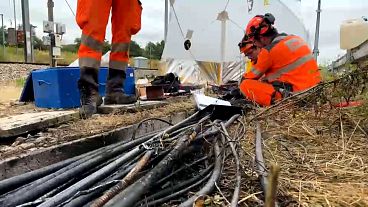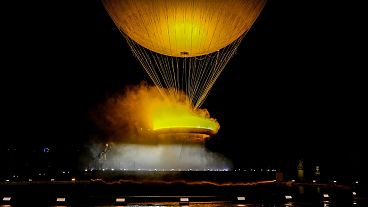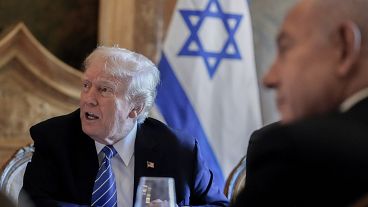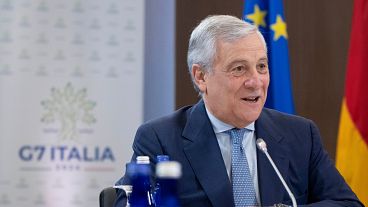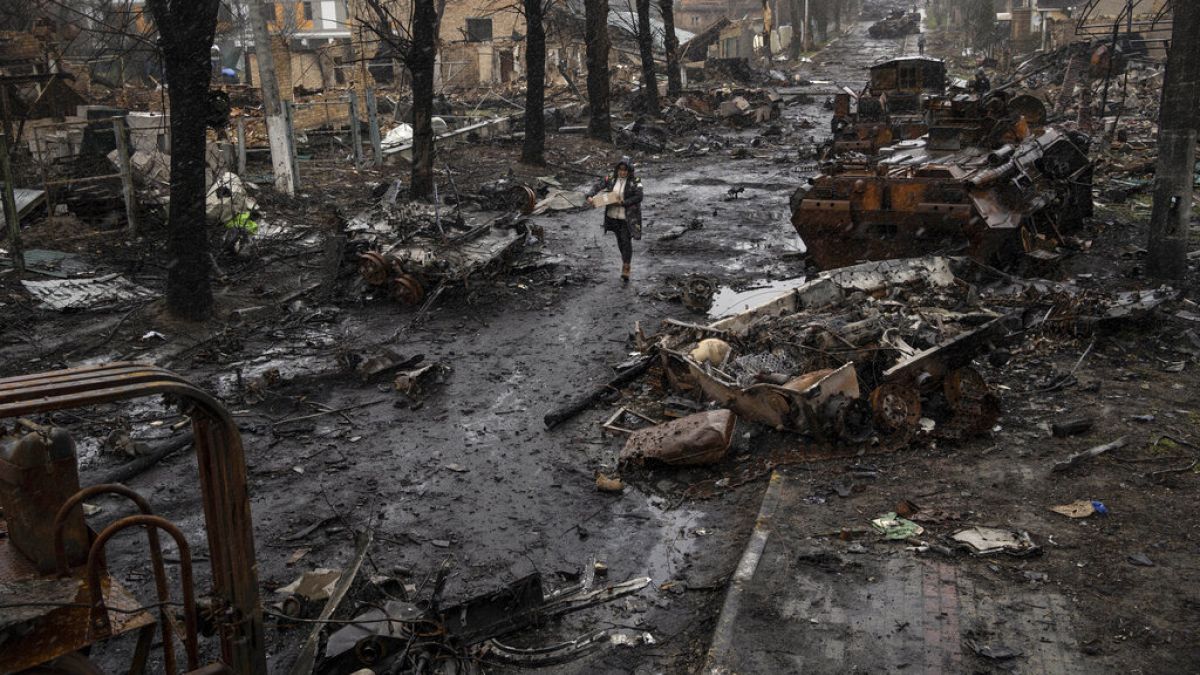Russia has been accused of war crimes after evidence was found in areas outside of Kyiv.
Brussels is pushing for a tougher fifth round of sanctions against Moscow following the 'atrocities' revealed over the weekend in the Ukrainian town of Bucha.
The EU's foreign policy chief Josep Borrell said the bloc “will advance, as a matter of urgency, work on further sanctions against Russia".
"The massacres in the town of Bucha and other Ukrainian towns will be inscribed in the list of atrocities committed on European soil," he said in a statement on Monday. "We stand in full solidarity with Ukraine and the Ukrainian people in these sombre hours for the whole world."
Ukraine accuses the Russian army of having committed a "massacre" in Bucha, a small town northwest of Kyiv, which was occupied by the Russian army on 27 February, and remained inaccessible for more than a month. Moscow denies the accusations.
However, this recent development means an embargo on energy imports from Russia could be back on the table.
But not all member states have the same appetite for an immediate ban on all fossil fuel imports right now, according to Germany's finance minister Christian Lindner.
"We have to cut all economic relationship to Russia but at the moment it's not possible to cut the gas supplies, we need some time so we have to differentiate between oil, coal and gas," Lindner told reporters.
While the previous four packages of unprecedented sanctions are already in place, they have not managed to stop Putin's war.
This makes the energy option the most significant one so far, according to Nathalie Tocci, the Director of the Italian International Affairs Institute.
"We finance [Russia], through our energy purchases of oil, coal and gas, €850 million per day," Tocci told Euronews. "So if we were to stop providing that €850 million, would that war end tomorrow morning? Probably it would not, but it would probably last far less time than what it would do otherwise. So this is serious money."
She believes that if Brussels moves in that direction, EU leaders still will not touch gas when it comes to further sanctions and that the cost of inaction is much greater than the cost of action.
"Comparison to that wonderful world in which we thought we were going to grow at three, four, five percent GDP. Well, that world is gone," Tocci said. "So the real point of comparison is, what is the cost of those sanctions vis-à-vis what is the economic, let alone the humanitarian, what is the economic cost of not stopping Putin.
"And the economic cost of not stopping Putin is the economic cost of what risks becoming a Third World War. Well, that is far more costly economically, obviously also in human terms compared to the cost of sanctions, including the heaviest sanctions on the energy sector."
EU diplomats will discuss the options on Wednesday with an announcement expected by the end of the week.

